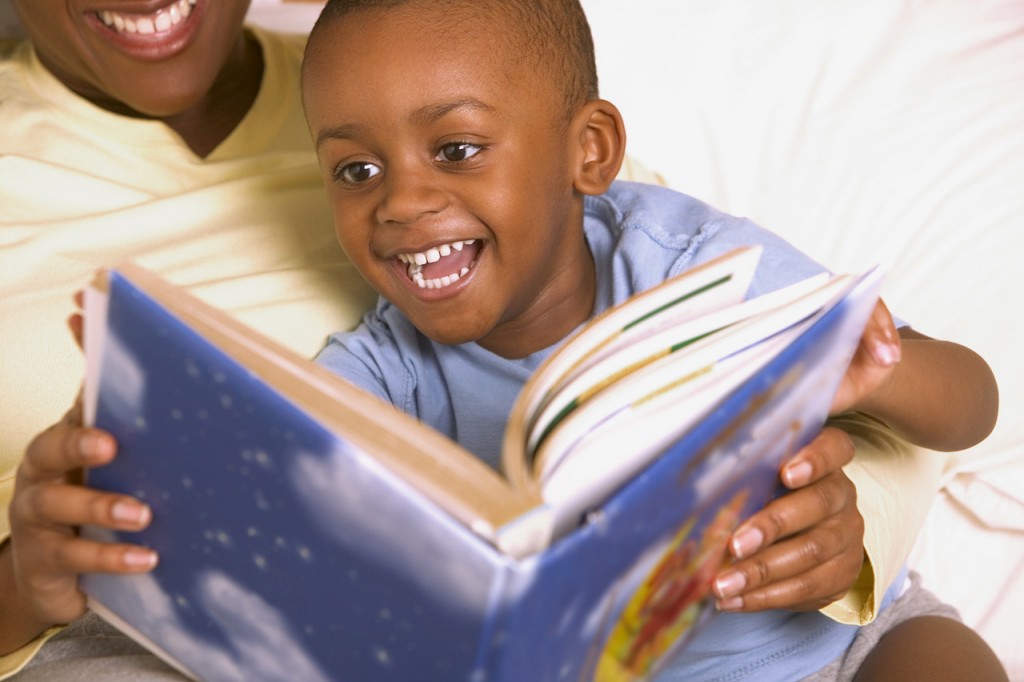At this age, babies are discovering the world around them through play and by forming close relationships with the parents and carers around them. To help you help your child progress in the best way possible we highlight 10 ways you can help learning through play.

- Play peekaboo – This is a firm favourite for entertaining babies, but this age old game actually has a whole heap of plus points for baby’s development. Not only does it stimulate senses, it builds visual tracking, boots motor skills, encourages sociability and teaches baby that something exists even when it can’t be seen – aka object permanence.
- Sing songs – Singing to a baby not only helps set a solid foundation for developing language skills, it can also promote emotional wellbeing. It is believed that by singing to a baby you can help them learn to think in words, by making language more familiar. Sing in a few languages and you may well have a linguist in a few years time!
- Act out nursery rhymes – Nursery rhymes also act to boost language skills, and their repetitive nature can help babies develop the ability to predict what comes next. When coupled with actions, babies get a chance to make associations between words and actions to better understand meaning, and physical coordination is promoted too.
- Pull faces – This helps to develop personal relationships as well as a sense of humour! Babies as young as a few days old have the capability to mimic facial expressions, and seeing an adults face when upset, tired or hungry is a very important part of a baby’s emotional development.
- Have tickle time – Physical activity like this can help a small child perceive a sense of self, and when incorporated into a game can help a baby anticipate upcoming events. Round and round the garden is a good example of how to incorporate tickle time into learning through play.
- Make conversation – Take every opportunity to tell your baby what is going on. From chatting about a nappy change to walking round the garden describing flowers and objects, make every moment an opportunity for discovery. It will help enormously with language development and promote the ability to bond with others.
- Discover textures – Tactile play helps baby to understand what objects do, it develops fine motor skills and of course helps with language skills. A treasure box with a variety of objects in is a great opportunity to discover textures under supervision, as is taking a tour around the house touching walls, windows, fabrics and other objects of a tactile nature.
- Read books – A key aspect of language development is reading to a baby, and it is never too early to start. To promote interaction and enjoyment, give baby a board book or cloth book to play with at the same time.
- Count things – Numeracy skills can be encouraged from an early age by playing with sets of objects, and bringing counting into playtime, either by counting playthings, or through nursery rhymes and peekaboo games.
- Be silly – Playing of any kind is essential for social, emotional, physical and cognitive development, and anything that makes your baby laugh is going to be enjoyable for you both, especially if crying is the alternative! The key is to let yourself go, and enjoy the time you spend together, no matter how silly you might look to other people! For more information please visit http://www.sparkearlyyears.co.uk/

